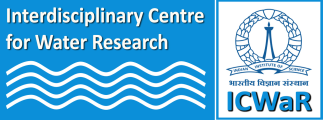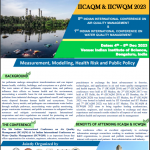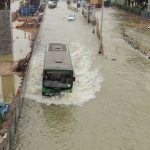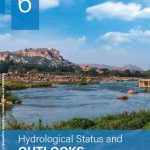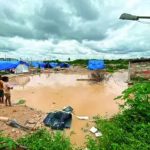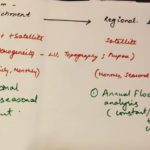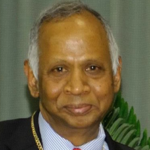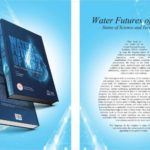Hydrological Outlooks: what can we do and what could we do?
Name of the Speaker: Dr. Alan Jenkins
Title of the Seminar: Hydrological Outlooks: what can we do and what could we do?
Date and Time: 30th July 2020 (Thursday), 4:00 PM
Online platform: MS Teams [link to the video of the seminar]
About the speaker: Alan Jenkins is Director of Science at the UK Centre for Ecology Hydrology (UKCEH), the leading UK centre for environmental science across water, land and air. With a background in hydrology, he has worked nationally and internationally on acid rain, water quality, water resources and climate change impacts He currently acts as the UK Hydrological Advisor with the World Meteorological Organisation and Chairs the UK input to the UNESCO Inter Governmental Hydrology Programme. He is leader of the WMO Task Team responsible for the development of the Hydrological Status and Outlook System (HydroSOS). He is also an Honorary Professor in the Lancaster Environment Centre at the University of Lancaster and a Visiting Professor in the Department of Geography, University College London.
Abstract: Water related challenges, such as a secure water supply, floods, droughts, and ensuring ecosystem protection and conservation, are growing concerns. Water is consistently identified as one of the highest global risks in terms of impact. These challenges already affect tens of millions of people with estimated costs in the order of magnitude of billions of US dollars and are expected to intensify with future climate change, population growth and increasing economic activities. One of the significant challenges facing societies trying to effectively manage their water resources is a lack of hydrological information products that are targeted to serve the needs of different sectors. This information deficiency is often driven by three key factors: 1) insufficient available of local scale data, 2) a lack of regional to global coherence in hydrological information and modelling systems, and 3) limited dialogue between stakeholders and the multitude of actors which renders the understanding of stakeholders needs regarding the management of water resources unclear. Because of these shortfalls, water managers and stakeholders cannot properly assess the availability of water resources on different spatio-temporal scales nor can they foresee how this availability might change over the near future, thus rendering water management and planning difficult, if not impossible. This talk will focus on current techniques and capabilities for producing sub seasonal to seasonal hydrological outlooks. It will consider what advances are needed to improve the reliability and skill in these outlooks. Lastly, it will consider the difficulties in translating the outlook into actionable messages for stakeholders.
Date/Time
Date(s) - 30/07/2020
4:00 pm
